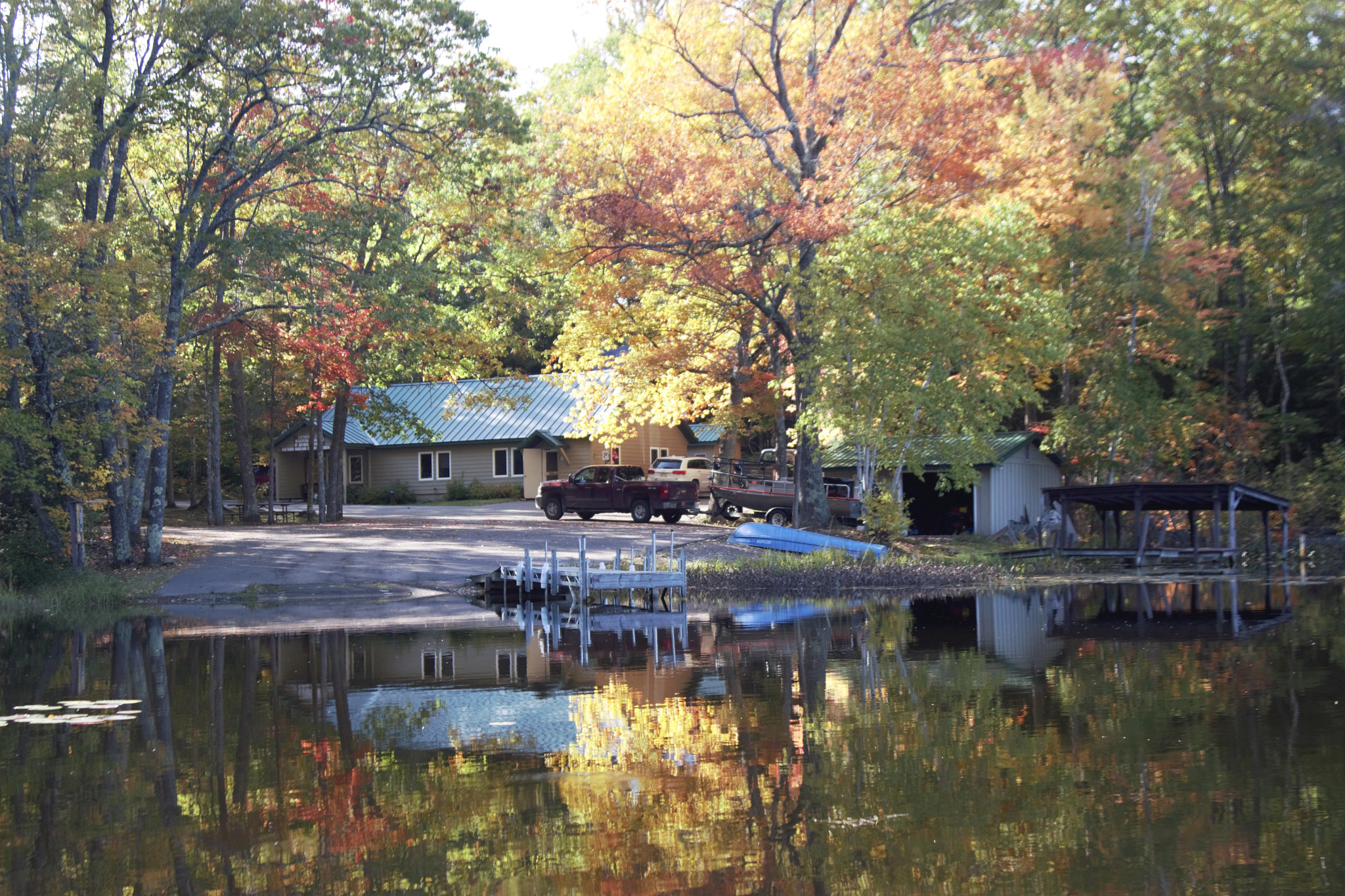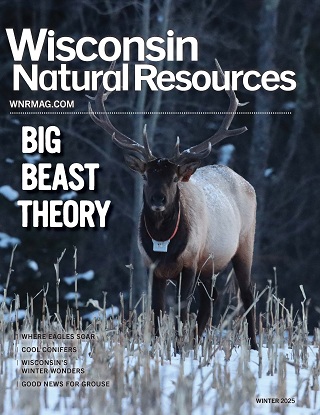Contact: Greg Sass, DNR Fisheries Research Team Leader
Gregory.Sass@wisconsin.gov or 715-891-1875
DNR Celebrates 75 Years Of Fisheries Research In Northern Wisconsin
Northern Highland Fishery Research Area Serves As Rich Resource
 Info gathered at the Escanaba Lake creel station has contributed to one of the world's largest continuous fish harvest datasets.
Photo credit: Wisconsin DNR
Info gathered at the Escanaba Lake creel station has contributed to one of the world's largest continuous fish harvest datasets.
Photo credit: Wisconsin DNR
MADISON, Wis. – The Wisconsin Department of Natural Resources (DNR) will celebrate the Northern Highland Fishery Research Area's (NHFRA) 75th year of operation on June 20, 2021.
Located in Vilas County, the NHFRA is the DNR's longest-running fisheries research project and an umbrella project for multiple fisheries research initiatives, contributing to understanding how fish communities respond to fishing regulations, environmental change and angler practices.
The NHFRA was founded in 1946 to establish experimental fisheries research lakes to understand the role of angler harvest in altering the fish communities' size structure and growth rates. More recently, NHFRA lakes have been used to test regulations on length limits, bag limits and gear restrictions for several Wisconsin species.
The NHFRA angler survey dataset is one of the longest continuous fish harvest datasets in the world, featuring a complete record of every angler who has fished the lakes and every fish legally harvested from the lakes since 1946. This dataset was made possible by a mandatory angler survey, first imposed on all five lakes in 1946, requiring anglers to stop by the Escanaba Lake creel station before and after fishing the lakes.
This dataset has helped the DNR and its collaborators with research including:
- Investigating the role of harvest on the size structure and health of key Wisconsin sportfish species.
- Testing the long-term influences of regulations on local fish communities, such as implementing a maximum length limit for smallmouth bass on Nebish Lake to improve size structure and increase trophy potential.
- Setting the initial walleye harvest quotas in the Ceded Territory of Wisconsin Fisheries Management Plan in the early 1990s.
- Noticing emerging trends in angler behavior and equipment use like a trend towards more voluntary-release behavior in the last two decades.
- Providing skill training and job opportunities for many early-career fisheries professionals. Some of these professionals have become bureau chiefs, hatchery managers and fisheries biologists in the Wisconsin DNR and other entities.
- Serving as the basis for dozens of research collaborations with partners and graduate students from across the country.
On Aug. 6, 2021, the DNR will host an open house at the Escanaba Lake station to celebrate this project milestone. Research staff will be present to share additional information about the project. The DNR will share more information about this event in July.
Learn more about the NHFRA in the Summer issue of the Wisconsin Natural Resources magazine. Also, learn more about fisheries research on the DNR’s Fisheries Research webpage.

